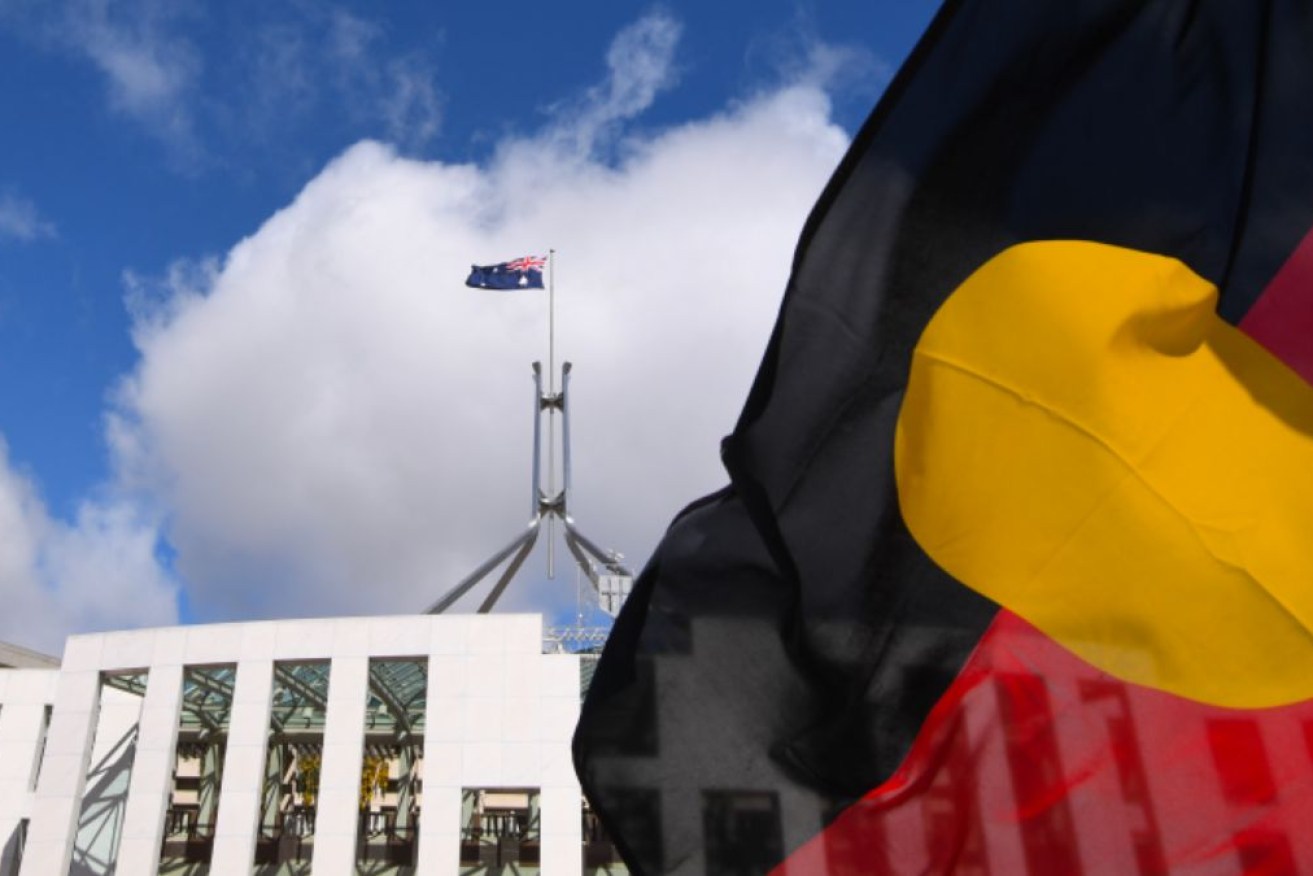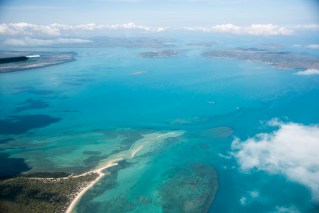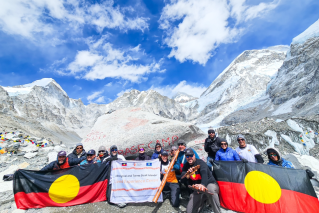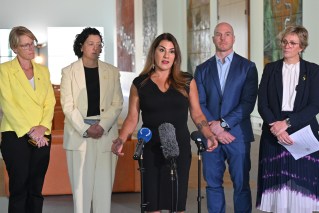Urgent power shift needed to achieve Indigenous equity

The Albanese government has released its blueprint to address Indigenous inequity. Photo: AAP
A seismic shift in the way governments conduct business with Aboriginal and Torres Strait Islander people, communities and organisations is needed to Close the Gap.
In 2020, all Australian governments, along with the Coalition of Aboriginal and Torres Strait Islander Peak Organisations, signed the National Agreement on Closing the Gap.
They committed to mobilising all avenues available to them to “overcome the entrenched inequality faced by too many Aboriginal and Torres Strait Islander people so that their life outcomes are equal to those of all Australians”.
The Productivity Commission released on Wednesday a review of the national agreement, which calls for a radical change in approach by all governments, including the public service, because they’ve failed to fully grasp the nature and scale of change required to meet the obligations they signed.
The heart of the commission’s review says Indigenous people, communities and organisations need to be involved at every stage in decisions that affect them, from developing policy, considering data and implementation, rather than the business-as-usual approach of ‘government knows best’.
“It’s really that power story and the power of knowledge and the power of data,” commissioner Romlie Mokak said.
“And that power being wrested, in some ways, from governments – it might sound too optimistic but that has to happen.
“And there’s got to be a change in mindset and culture in this structural change, in this reform approach, otherwise we’re not going to get any closer to Closing the Gap.”
During the commission’s review process, they found Indigenous organisations and people are still facing the same bureaucratic and systemic barriers the national agreement was supposed to help address.
“My heart ached when I had to hear time and time again how much elders on boards of our organisations felt like they were over a barrel on some some minute level of funding from a government department,” Mokak said.
Minister for Indigenous Australians Linda Burney agreed that progress had not led to the extent of change needed.
She said the Commonwealth would work with the Coalition of Peaks and state and territory government colleagues to consider the findings and she would present the 2023 Closing the Gap and 2024 implementation plan to parliament on Tuesday.
“The annual report will take stock of progress made in 2023 and commit to new actions that focus on making a practical difference to the lives of Aboriginal and Torres Strait Islander Australians,” Burney said.
The report makes four recommendations to government: share power; recognise and support Indigenous data sovereignty; fundamentally rethink mainstream government systems and culture; and implement stronger accountability.
The commission proposes amending the agreement to better emphasise power sharing, and having governments recognise the expertise of Aboriginal community-controlled organisations in what works for their communities.
It received overwhelming support in engagements and submissions to amend the agreement to support Indigenous data sovereignty and also recommends establishing a bureau of Indigenous data.
Coalition of Peaks spokesperson Catherine Liddle called on governments to fulfil the commitments they had already made.
“This review involved extensive community consultation, and it confirms what our own countless conversations have told us: that governments still don’t understand that Aboriginal and Torres Strait Islander people know what is best for our communities,” she said.
“When Aboriginal and Torres Strait Islander people are given ownership over the decisions that affect their lives, the resources they need, and the opportunity to partner with government, we see better outcomes.”
– AAP








